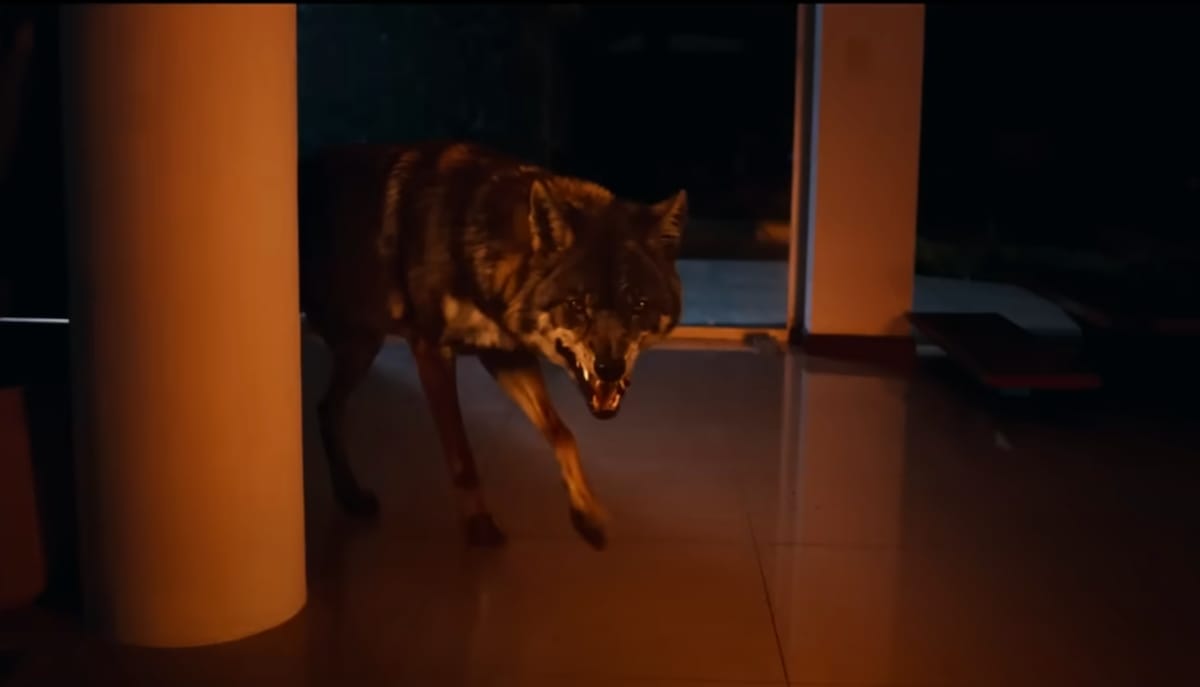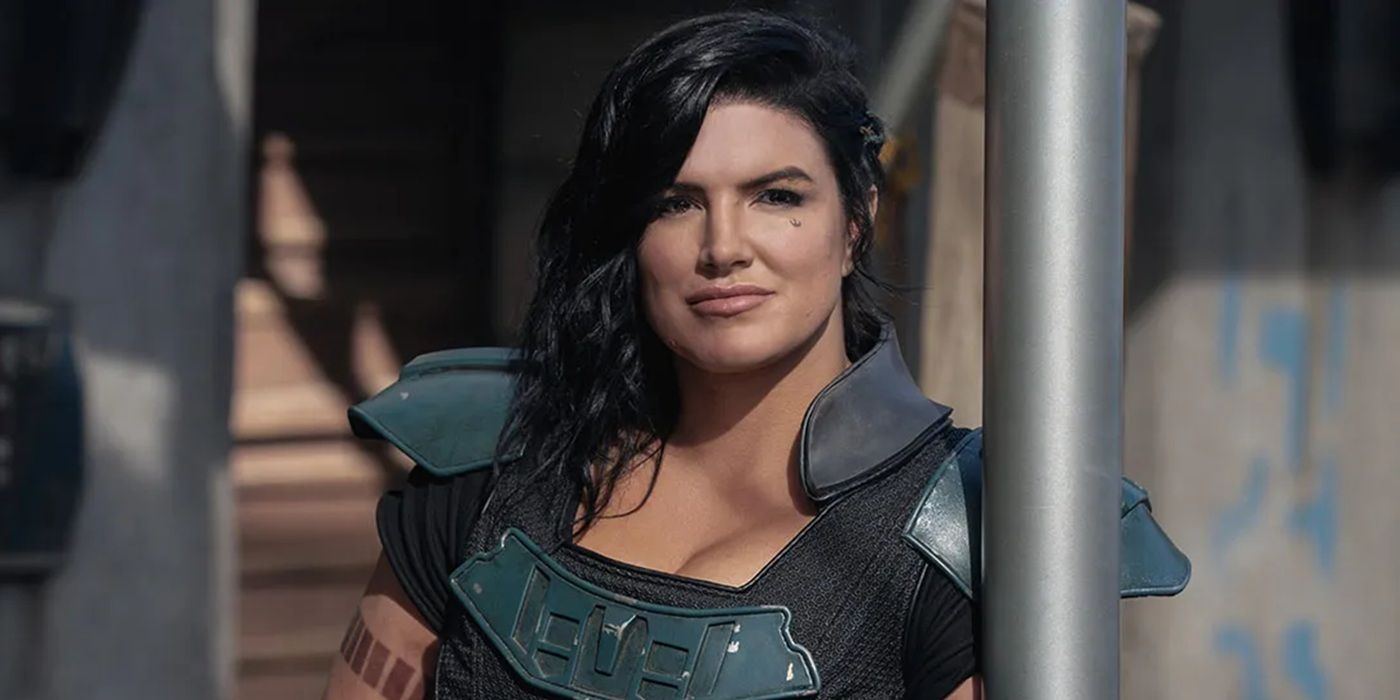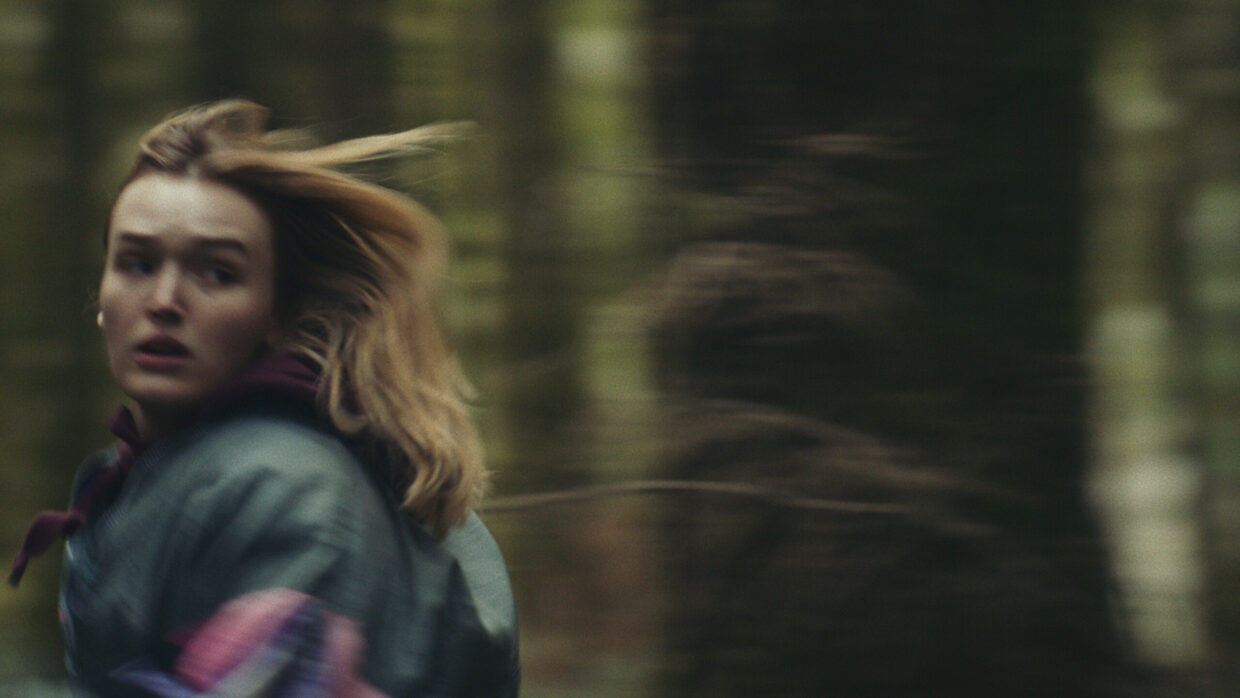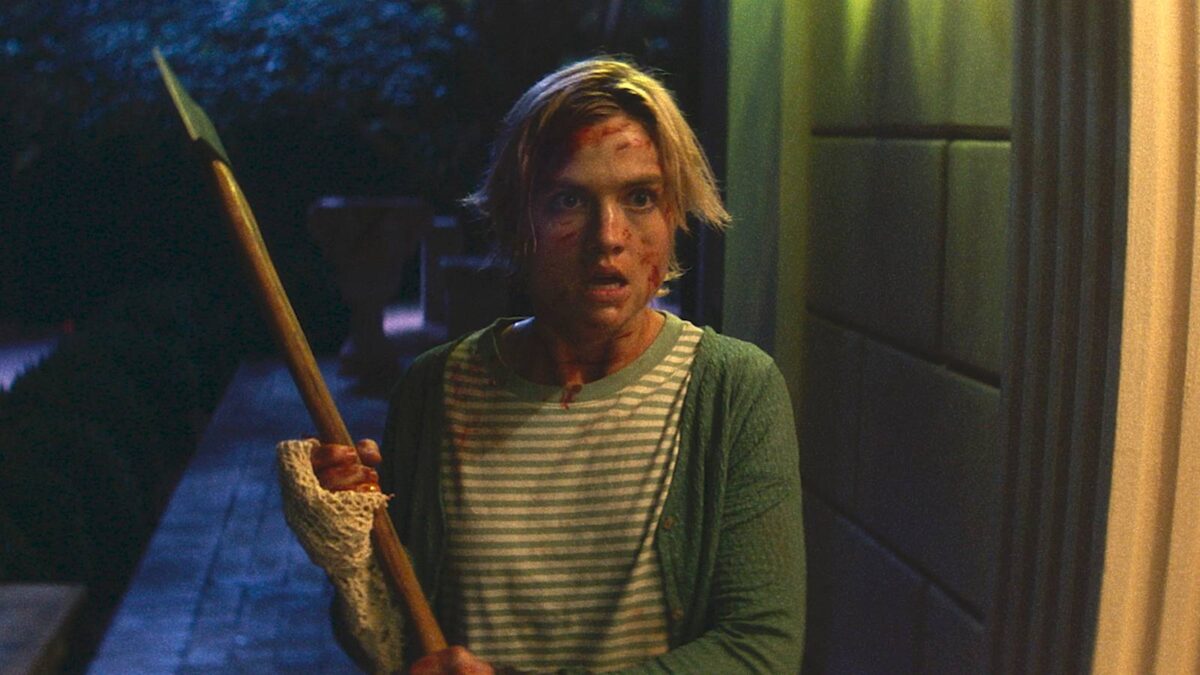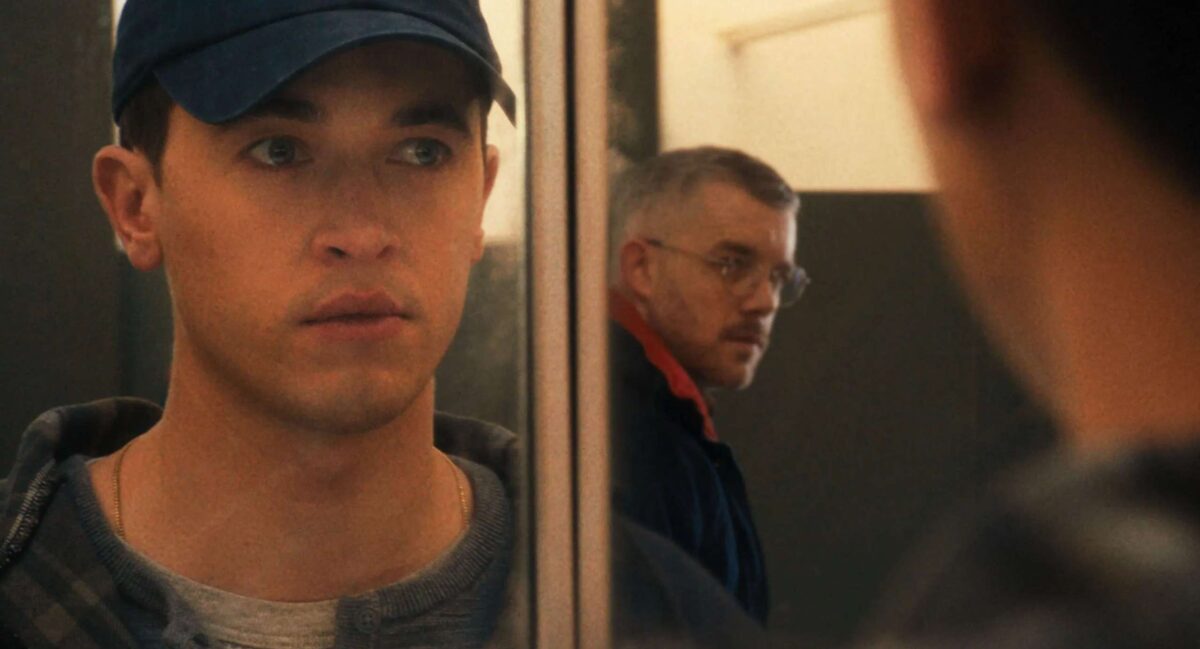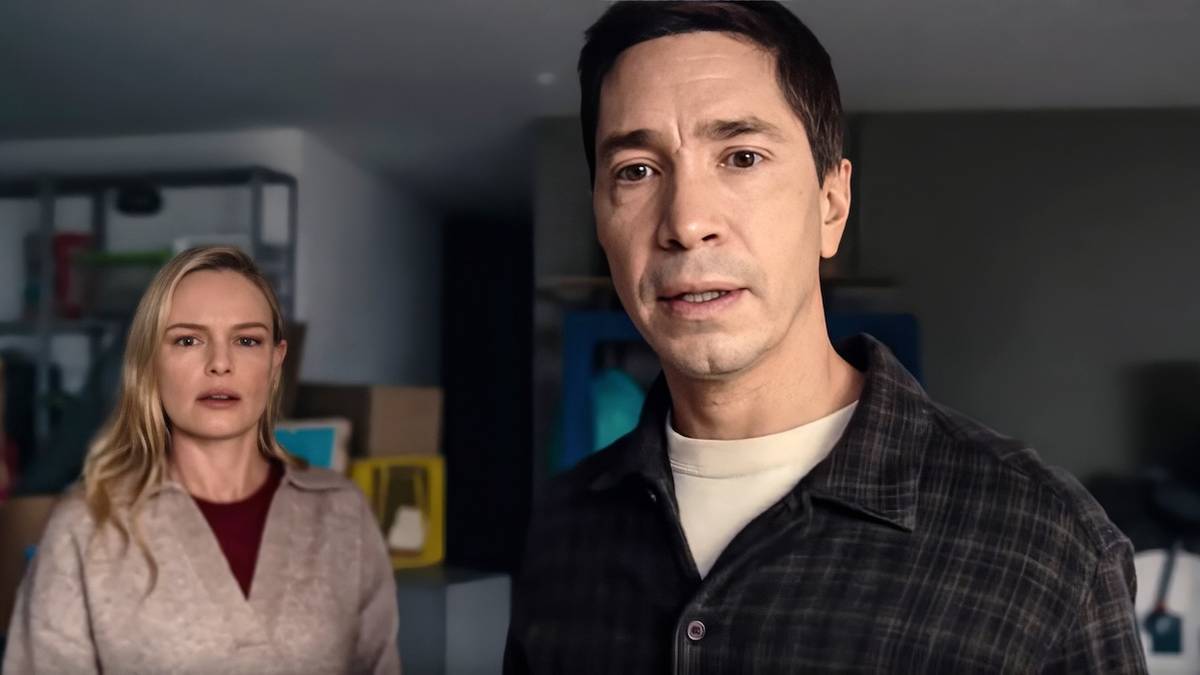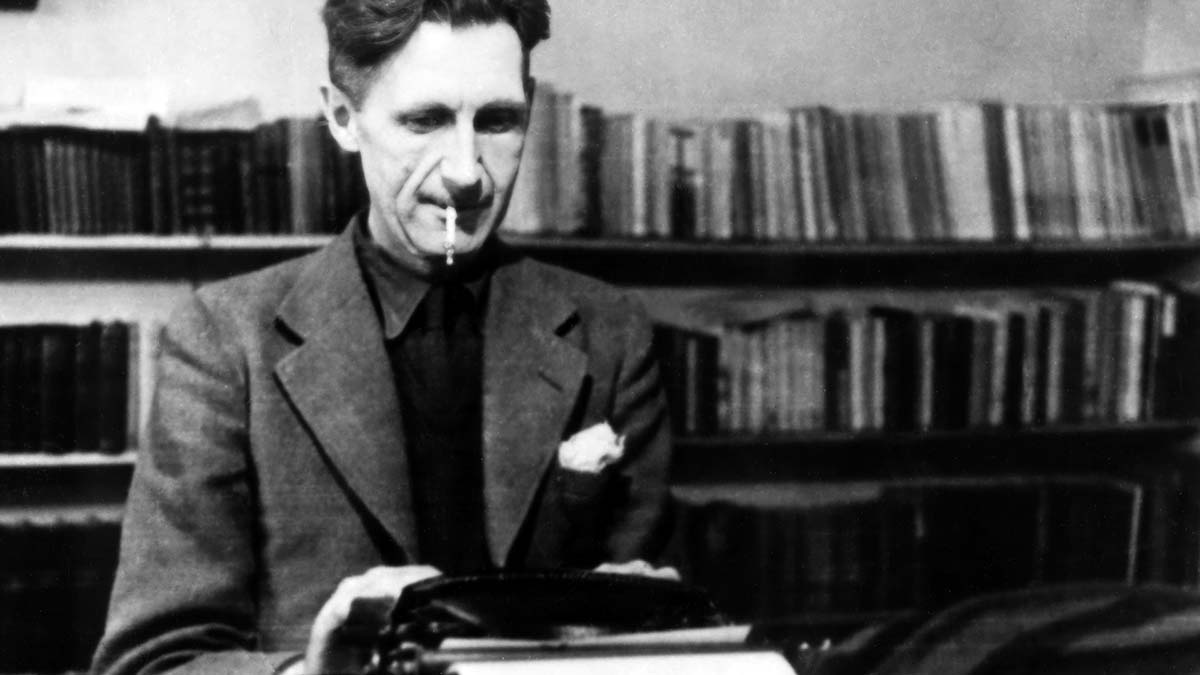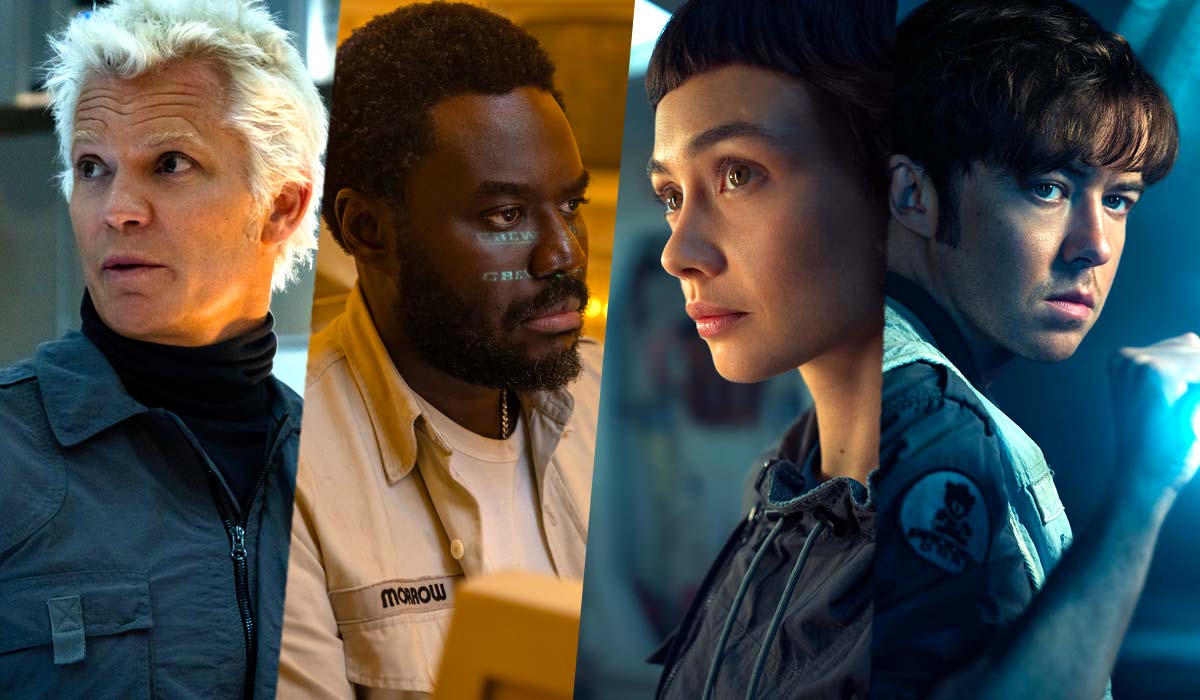
Noah Hawley Matches Ridley Scott’s Classic In A Terrifically Smart, Engaging & Terrifying Sci-Fi Horror Series
Aug 22, 2025
“Alien: Earth” is scary. Sure, hissing, vicious predatory xenomorphs dripping with viscous goo—the ones audiences have become acutely familiar with over the course of nine films— are unsurprisingly frightening. But the terrors in this sci-fi horror FX series, created by writer/director/showrunner Noah Hawley (“Fargo,” “Legion”), cleverly lean into the unpredictable while still accommodating the needs of franchise conventions.
Summer 2025 TV Preview: 43 Shows To Watch
“Alien: Earth” isn’t just fundamentally scary in the way it taps into primal fear of menacing monsters—what lays in wait in the dark and the unknown— it’s existentially chilling in its pitch-black bleak view of the future, spiritually unsettling in its austere consideration of our cruel capitalistic inhumanity, emotionally upsetting in its examination of losing those we love, viscerally creepy in its introduction of unnerving new extraterrestrial creepy crawlies, and of course, psychologically unnerving in its depiction of the synthetic humanoids who may be evolving beyond us with their cold, calculated, ruthless efficiency.
It’s a holistic consideration of fear that marries many of the classic ideas of the “Alien” franchise, namely the primordial creatures of the past and the ominous artificial intelligence volatility of the future, with our fragile, weak, pathetic, and often immoral humanity hanging in the balance. All the while, asking— like the best iterations of the series— are we truly the main character monsters of this parable? Hawley not only identifies what’s best about the series with Tony Gilroy-eque precision and surgeon-proficient prognoses, but also how to amplify those best qualities and fix what’s been lacking in recent years.
A prequel set in the year 2120, two years before the events of Ridley Scott’s “Alien” (1979), the fleshed-out context of civilization is grim. Hawley recontextualizes the cultural/societal setting so vigorously that it borders on retconning the entire franchise (in the best way possible). Traditional democratic governments have been essentially eradicated, and instead, Earth is co-operatively controlled by five mega corporations (Prodigy, Weyland-Yutani, Lynch, Dynamic and Threshold), and of course, they are all jockeying for ultimate position.
In our modern age, if the question of media domination is/was, “Who will win the streaming wars?” the equivalent of “Alien: Earth” is who will win the battle for transhumanist supremacy and the race for immortality.
The uber-corporate age finds these conglomerates vying for techno-humanism market dominance with cyborgs (humans with both biological and artificial parts) and synthetics (humanoid robots with artificial intelligence), which exist alongside humans. But the game is upended and forever changed when Prodigy Corporation founder and wunderkind trillionaire Boy Kavalier (Samuel Blenkin) invents and unlocks a new model of advancement: the hybrid. A humanoid robot that can import the human consciousness, thus retaining a level of everlasting life.
With the help of his two top scientists, Dame Silvia (Essie Davis) and her husband Arthur (David Rysdahl), they devise a prototype named Wendy (a terrific Sydney Chandler). She is Marcy, a terminally ill young girl around the age of 12, and her consciousness is successfully uploaded into a super-humanoid by Kavalier, whom he dubs Wendy after the Peter Pan story he is so fond of and affectionate for.
With Wendy uploaded online, similar experiments with dying young children follow suit to create a Lost Boys-like gang of hybrids: Slightly (Adarsh Gourav), Tootles (Kit Young), Smee (Jonathan Ajayi), Curly (Erana James), and Nibs (Lily Newmark). Under the tutelage of their synthetic mentor Kirsh (a mesmerizing Timothy Olyphant), they awkwardly learn to apply their child-like minds to their young adult bodies. Growing pains are involved, naturally, most of them emotional and existential.
But a freak accident puts everything in peril—or at least it does because of Kavalier’s cocky impulsiveness. When a Weyland-Yutani ship crash-lands into a Prodigy-owned city, Kavalier recklessly throws his billion-dollar prototypes, Wendy and the gang into search and rescue mode, despite the protests of his consigliere, right-hand man Atom Ein (Adrian Edmondson).
Emotionally complicating matters is Joe “Hermit” (an excellent Alex Lawther from “Andor”), a soldier and medic also on the search and rescue team. However, there’s one rub: he’s Wendy’s real-life brother from when she was still a human child.
In the wreckage, they find much more than they bargained for, several horrifying breeds of extraterrestrial creatures (including our famous xenomorph) and the crashed ships’ merciless cyborg security officer Morrow (a stand-out Babou Ceesay), hellbent on protecting the alien Weyland-Yutani property.
What ensues is a deeply engrossing tale of conspiracy, greed and hubris, coupled with an intriguing and seemingly tragic story of children who never grow old (Diêm Camille and Moe Bar-El co-star as human soldiers, and Sandra Yi Sencindiver plays Yutani, a senior exec in the Weyland-Yutani corporation).
The best reverse-engineered prequels make us wholly rethink and reconsider the way we perceive the original work, and Hawley’s “Alien: Earth” does that wonderfully, adding deep dimensions to the “Alien” mythos that only an auteur with a deep canvas like television, and an understanding of its storytelling advantages, can do.
Hawley seems to wisely operate outward from the limitations of the “Alien” franchise and how to transcend them. There are only so many times you watch threatening creatures chase down a ragtag group of people—many of them prone to immense bouts of stupidity—and pick them off one by one. That’s been done ad nauseum, there’s no meaningful value left in it (see “Alien: Covenant”), and Hawley mercifully doesn’t even try to recreate that tired formula.
Ridley Scott’s “Prometheus” films became reinvigorated when the veteran filmmaker stopped pondering the ways in which a space trucker moron could die and started contemplating the origins of his xenomorphs, how they got on LV-426, and who put them there, thus opening up a new narrative level of inquiry into immortality, playing god, and an arrogant hubris already found in subsequent installments of the “Alien” franchise: the delusion of control. Yet, these new films were constantly at war with themselves: an intriguing exploration of god complexes and the supercilious quest to transcend death, handicapped by the obligations of monsters chasing down disposable human characters.
Hawley solves for this problem in series form, balancing horror scares and thrills with the type of thoughtful existential and humanist texture that turned Tony Gilroy’s “Andor” into something far more substantive, meaningful and profound then “Star Wars” could ever hope to be (and if “Andor” sated your soul, but left you wanting for a bit more action, “Alien: Earth” is probably the show for you).
Support independent movie journalism to keep it alive. Sign up for The Playlist Newsletter. All the content you want and, oh, right, it’s free.
Like “Andor,” “Alien: Earth” makes the case that every major movie franchise should have at least one intelligent, well-considered series that retroactively enhances and enriches the entire brand (looking at you, Marvel and your mostly throwaway episodic filler).
Hawley apprehends that familiarity breeds contempt, comfort creates complacency, and to exceed it, you must present something new—especially in horror that thrives off the unknown. Yet without totally deconstructing “Alien” beyond recognition, he creates innovative, newfangled dynamics within a recognizable system; like keeping the hardware, but uploading a new operating system
The dystopian dread of late-stage capitalism, the anxiety of artificial intelligence’s unpredictability, the slaved inequities of modern culture, the sweaty panic of gigantic space insects that consider us nothing more than food, none of these ideas are particularly new to the “Alien” franchise. But the way Hawley inventively recasts them—coupled with the refashioned contemplation of mortality viewed through the eyes of innocent, wide-eyed children—makes for a wholly distinctive and original series.
We’ve also recently seen countless retreads of the idea of billionaires as villains in media, to the point that the concept is no longer novel. But by reframing the trillionaire antagonist as a petulant child, as curious as his hybrid lost-in-Neverland toy inventions, Hawley delivers a fresh new dynamic to this form. It’s like the disturbed boy who ripped the wings off flies just to see what would happen, if that odd child also was a genius with infinite wealth. Moreover, he seems to capture more than just pure conceit, but a level of narcissism that appears to truly seize upon the essence of the modern-day billionaire and oligarchic authoritarians: the inability to feel empathy and the notion that the regular rules of society do not apply to me, thus my brilliance affords me the luxury of limitless immorality.
Hawley’s eye is rather impeccable, too. While James Cameron’s grunt influence is perceptible, it’s clearly Scott’s moody 1979 classic that holds the most sway over Hawley. The thick atmosphere of dread, the nerve-wracking flop sweat of disquiet, the unnerving piercing of synthetic glances and a similarly anxious temperature are the prevailing tenor and cinematic grammar in which “Alien: Earth” takes its cues from, right down to the grimy aesthetics of space truckin’ life (which Scott inexplicably jettisoned and retconned for his clean Apple esthetic in “Prometheus”).
Masterfully crafted and executed in building tension, mystery and suspense, “Alien: Earth” is supremely assured, a vision and voice that’s not afraid to expand a beloved brand’s scope and test its limits. In short, “Alien: Earth” is rich, layered, deep and multi-faceted, along with being exhilaratingly distressing and anxiety-inducing. It’s the best “Alien” narrative since 1986’s “Aliens,” puts the rest to shame and arguably even gives the 1979 original a run for its money with its poignantly eerie considerations of masters, servants, slaves and free will that begin to slowly hatch in the last half of the series like the the most sinister of xenomorph eggs. By introducing new unknowns and new ideas, Noah Hawley reawakens our fears, imagination, terror, and awe. And thanks to an outstanding cast and crew taking his vision to the next level, it blows most contenders to the spacesuit throne right out the airlock. [A]
Publisher: Source link
Erotic Horror Is Long On Innuendo, Short On Climax As It Fails To Deliver On A Promising Premise
Picture this: you splurge on a stunning estate on AirBnB for a romantic weekend with your long-time partner, only for another couple to show up having done the same, on a different app. With the hosts not responding to messages…
Oct 8, 2025
Desire, Duty, and Deception Collide
Carmen Emmi’s Plainclothes is an evocative, bruising romantic thriller that takes place in the shadowy underbelly of 1990s New York, where personal identity collides with institutional control. More than just a story about police work, the film is a taut…
Oct 8, 2025
Real-Life Couple Justin Long and Kate Bosworth Have Tons of Fun in a Creature Feature That Plays It Too Safe
In 2022, Justin Long and Kate Bosworth teamed up for the horror comedy House of Darkness. A year later, the actors got married and are now parents, so it's fun to see them working together again for another outing in…
Oct 6, 2025
Raoul Peck’s Everything Bagel Documentary Puts Too Much In the Author’s Mouth [TIFF]
Everyone has their own George Orwell and tends to think everyone else gets him wrong. As such, making a sprawling quasi-biographical documentary like “Orwell: 2+2=5” is a brave effort bound to exasperate people across the political spectrum. Even so, Raoul…
Oct 6, 2025


